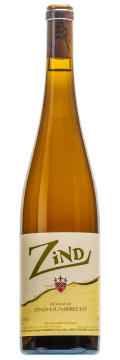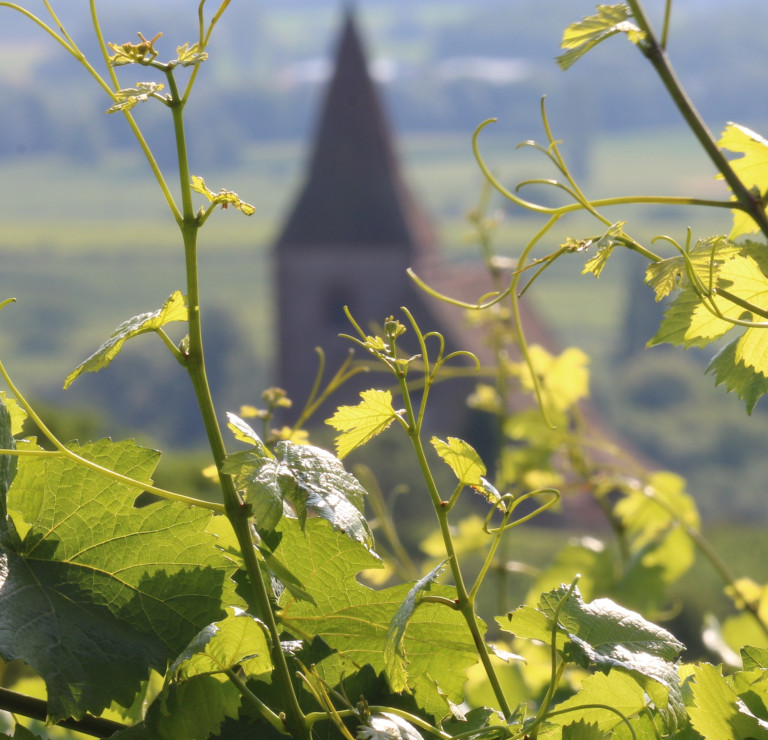
Technical presentation
| Bottling : | January 2023 |
|---|---|
| Acquired alcohol : | 12.8 ° |
| Residual sugar : | 1.3 g/l |
| Total acidity : | 3.8 g/l H2S04 (5.8 g/l Tartrique) |
| pH : | 3.3 |
| Yield : | 24 hl/ha |
| Optimum tasting : | 2025/2036 |
| Average age of vines : | 32 years |
| Terroir : | Clos Windsbuhl |
| Sweetness index : | 1 |
| Soil : | Muschelkalk calcareous |
Description of the wine Zind 2021
In 1989, 2 years after acquiring the Clos Windbuhl, we decided to plant Auxerrois and Chardonnay in the coolest part of the Clos, the closest to the forest. These two grape varieties were always blended together but in 2001 we were forced to release the wine as Zind ‘Vin de France’ because the chardonnay grape isn’t permitted in the AOC Alsace wine (only crémant d’Alsace). The muschelkalk limestone soil of the Clos Windsbuhl always brings a fantastic structure to this wine and quite an amazing longevity for the people with enough patience. The higher acidity commands long fermentation, but the wine finishes dry after a long ageing on the full lees.

Tasting notes
01/2023 : Pale yellow colour. Expressive and intensely mineral nose, already very developed and showing crisp citrus fruit aromas, mandarin skins, almost lightly exotic but with a firm presence of rock influence (wet stones, some flint). The texture on the palate combines power and crisp acidity. The mouthfeel is really beautiful, develops into a silky structure, which eventually finishes with a tight, dry and precise finish. The very low yield in 2021 explain this rare combination of intensity and elegance without needing to reach high ripeness levels. A Zind that shows the potential of the Windsbuhl and will improve greatly with time.

The Clos Windsbuhl of Hunawihr
The altitude of the vineyard coupled with Hunawihr’s tardy climate means that the Clos Windsbuhl is often one of the last of our vineyards to be harvested. This explains the aromatic quality of the Clos’ wines and the consistent balance of acidity, a guarantee of good ageing. Although often harvested late, the Windsbuhl grapes are only rarely botryitized, doubtless due to the altitude of the vineyard, but nevertheless often reach high levels of maturity.